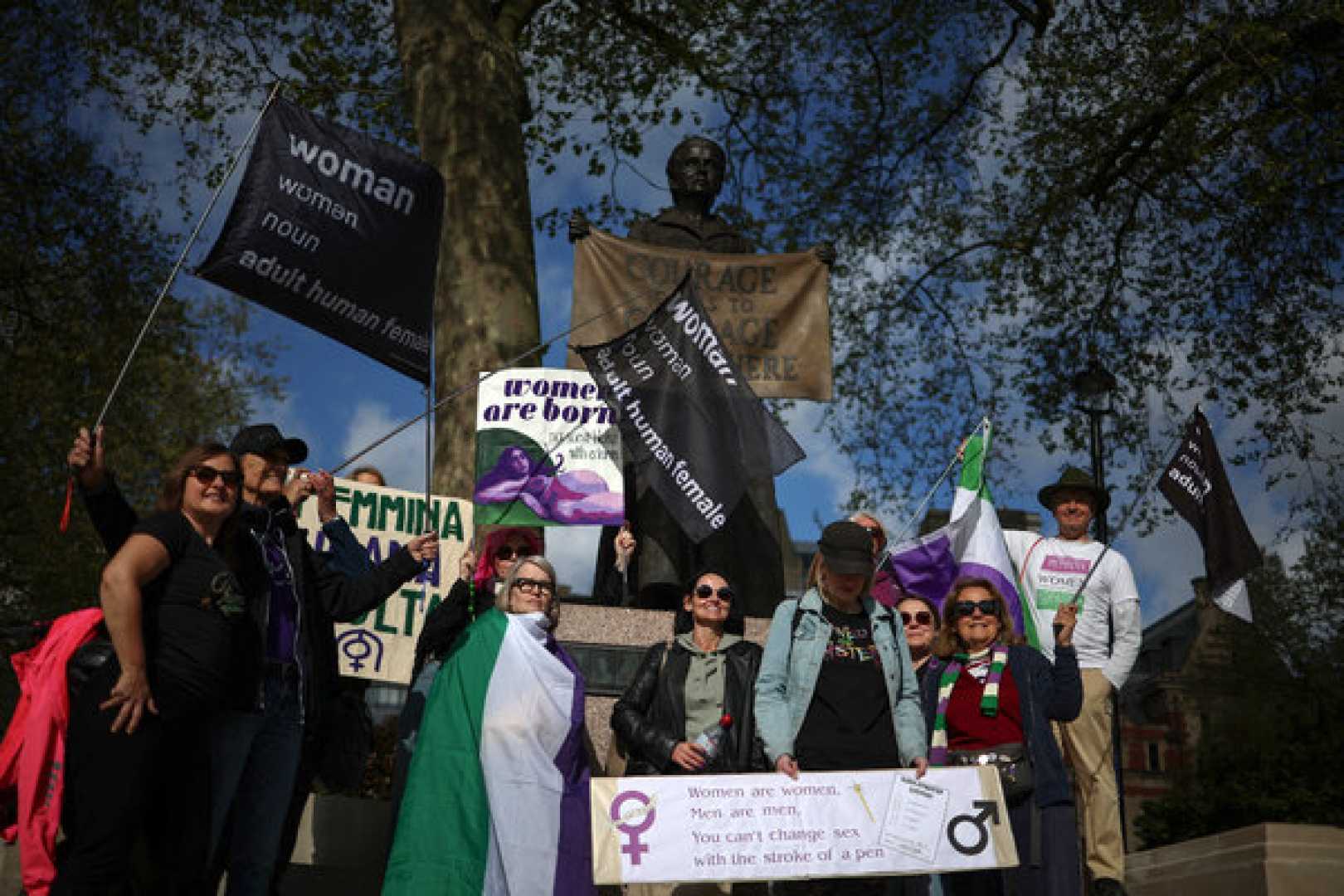News
UK Supreme Court Rules Women Defined by Biological Sex in Equality Act

LONDON, April 16, 2025 — The UK Supreme Court unanimously ruled today that the term “woman” under the Equality Act 2010 refers specifically to biological sex, a decision that could significantly impact existing gender and equality policies across Scotland, England, and Wales.
The landmark ruling came in a case brought by For Women Scotland, challenging the Scottish government’s assertion that transgender women with gender recognition certificates (GRCs) should be legally considered women for the purposes of equality legislation. The court’s judgment is seen as a major victory for gender-critical campaigners who argue that protections under the Equality Act should only apply to those born female.
Lords Hodge and Reed, along with fellow justices, articulated that interpreting “sex” as certificated rather than biological would undermine the definitions of man and woman outlined in the Act, complicating protections related to sex discrimination, especially in contexts involving women-centric services and spaces like hospitals and domestic violence refuges.
In his verbal summary, Lord Hodge emphasized, “Interpreting sex as certificated would create heterogeneous groupings that render the provisions incoherent. The provisions relating to sex discrimination refer only to biological sex.” The ruling confirmed that individuals cannot be considered to have a sexual orientation towards those possessing a GRC, which would disrupt the rights of same-sex attracted persons.
Following the ruling, a government spokesperson stated, “This ruling brings clarity and confidence for women and service providers, including hospitals, refuges, and sports clubs. Single-sex spaces are protected in law and will always be protected by this government.”
Scottish Conservative leader Russell Findlay praised the ruling as a victory for women and a rebuke to the Scottish National Party (SNP). He stated, “This is a victory for common sense and an abject humiliation for the SNP, which must now respect women’s rights by abolishing dangerous gender policies that have become embedded in Scotland’s public institutions.”
The court’s decision drew immediate responses across the political spectrum. Joanna Cherry KC, former shadow home secretary for the SNP, expressed her approval, stating she felt “hugely vindicated” and called for lawmakers to ensure adherence to the ruling. She emphasized the need for a cultural shift within public institutions to recognize the definition of women as biological females.
However, the Scottish Greens labeled the ruling a “deeply concerning” development for human rights, pledging to continue supporting trans individuals and resisting what they term a “culture war” against them. MSP Maggie Chapman wrote on social media, expressing solidarity with the trans community and emphasizing the ongoing fight for dignity and respect.
The Equalities and Human Rights Commission (EHRC) welcomed the ruling, noting that it responds to challenges regarding single-sex spaces and the rights of same-sex attracted persons to form associations. Chair Kishwer Falkner indicated that the decision addressed significant issues the EHRC had previously highlighted.
Throughout the UK, the ruling has sparked renewed conversations around gender rights and the complexities surrounding them. Former MP Harriet Harman commended the court for correctly interpreting the Equality Act, stressing the importance of single-sex spaces while balancing the rights of transgender individuals.
While this ruling seeks to streamline the legal complexities around sex and gender, it has also raised concerns about the potential ramifications for trans rights protections. The court clarified that its decision does not strip trans individuals of their rights regarding discrimination associated with their gender identity, thereby maintaining certain protections under the law.
The Supreme Court’s decision in this highly contentious case is expected to reverberate across various sectors, with implications for public policy and service provision. Discussions will likely continue in political arenas, as various groups advocate for their respective rights and interests over the coming months.












